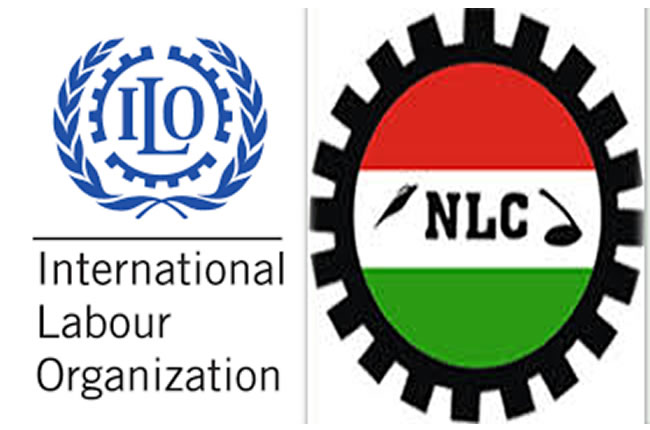International Labour Organisation (ILO) and the Nigeria Labour Congress (NLC) have called for labour representation in national actions on transition in response to climate change.
The call became expedient as Nigeria planned to move toward a greener economy with the inclusion of labour perspectives deemed crucial to ensure a fair and equitable transition for all workers.
During a post-COP 28 review meeting, tagged, “Trade Union Policies and Actions” in Abuja yesterday, ILO senior specialist for workers’ activities, Inviolata Chinyangarara, emphasised the critical need for integrating labour, human, trade union, and environmental rights into national strategies.
The ILO specialist discussed the development of a strategic transition roadmap for Nigeria which aimed to guide the country’s shift from fossil fuels in line with national and global climate objectives.
Chinyangarara also highlighted the importance of the ILO’s decent work agenda amidst climate change impacts, which include job losses, lower incomes, labour migration, increased child labour, and precarious employment.
She stressed the necessity of reskilling and up-skilling workers to maximise the benefits of emerging green jobs, while also ensuring social protection for those displaced by the transition.
The general secretary of the NLC, Comrade Emmanuel Ugboaja, reiterated the call for labour and employers’ representatives to be included in the governing structures of the National Council on Climate Change (NCCC), especially as the Climate Change Act undergoes review.
He disclosed data indicating that 53 percent of jobs in Nigeria are at risk due to climate change, with the agriculture sector expected to bear 48 percent of these losses.
The research also revealed that while 67 percent of Nigerians are aware of climate change, there is still a lack of deep understanding regarding its implications for jobs and livelihoods.
According to the data, 81.4 percent of Nigerian workers lack insurance against potential job losses, and 87.4 percent are financially unable to transition to the green economy.
The labour centre therefore called for the urgent need for social protection to support vulnerable workers and reduce resistance to the transition.
The NLC also highlighted the exacerbating effects of climate change on conflicts in Nigeria and other African nations, which has increased the vulnerability of workers to climate shocks.





